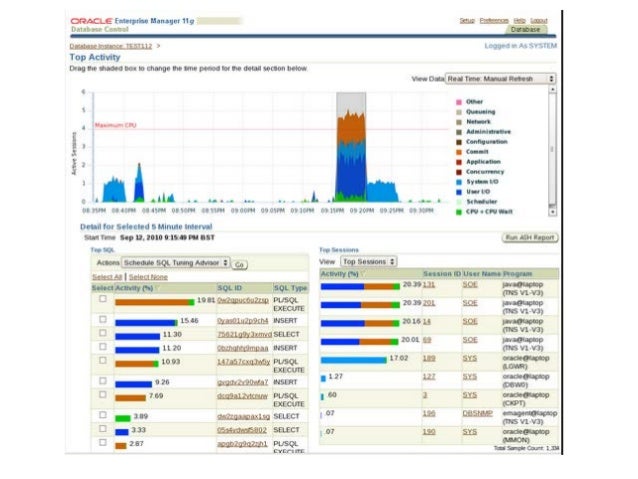Toad For Oracle License Cost
Possible Duplicate:
Can you help me with my software licensing question?
Jan 28, 2015 - Probably a total noob question, but we've just purchased a single seat license for TOAD for Oracle base edition and I can't find anything on the. Use our feature matrix to choose the right Toad for Oracle edition. Then, get your copy of Toad to save hours, increase accuracy and enjoy easier workdays.
I am developing software for a small firm. Application back end is Oracle. I am searching for the cheapest version of Oracle which may contain only single user. Database is to be installed on a single machine which is a Fedora Linux server. Can somebody please point me to a link which has the price for a single user?
Can you please suggest me the Oracle version I should go with?
marked as duplicate by John Gardeniers, sysadmin1138♦Mar 26 '11 at 2:02

This question has been asked before and already has an answer. If those answers do not fully address your question, please ask a new question.
4 Answers
Oracle XE, or Express Edition. It's free and may meet your needs. Easy install too!
EDIT: Download link [Oracle.com]
There is a Personal Oracle which you can find at shop.oracle.comIt is about $450 for a perpetual licence or about $100 for a single year's licence. It is only available on Windows however.
If the statement from you other question that your application will be accepting connections over the internet is correct, I strongly suspect that you need more than a single-user system.
When Oracle talks about a 'named user', they mean an identifiable human being that has access to the database via some application. It has no relationship to how many users are created in the database (i.e. the number of entries in DBA_USERS). If your application is available on the internet, it is accessible to hundreds of millions of named users so you would almost certainly need a processor license.
I suppose it's possible that you're deploying an application on the internet that only a single user has the login credentials to access, but that seems exceptionally unlikely.
Not really a direct answer to your question, but depending on the project you might consider using an ORM or other database abstraction layer with multiple database backends. Then you can use whatever RDBMS you are comfortable with during development, keep any queries not done through the ORM as simple and generic as possible, and hopefully migrate everything over to oracle without too many issues before going into production... then just let the database guys do any oracle-specific tweaking that needs to be done. I assume there are database guys available to the project since oracle is being used.